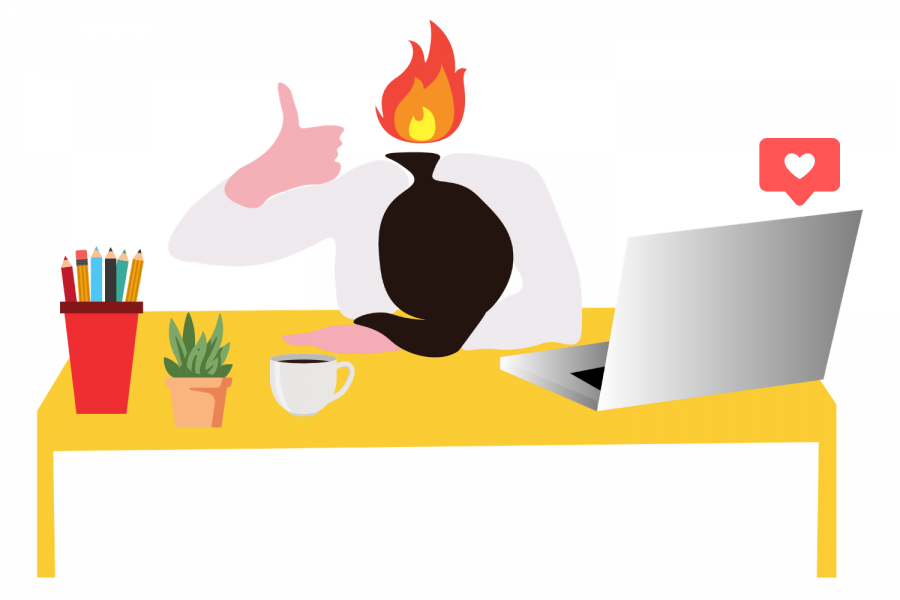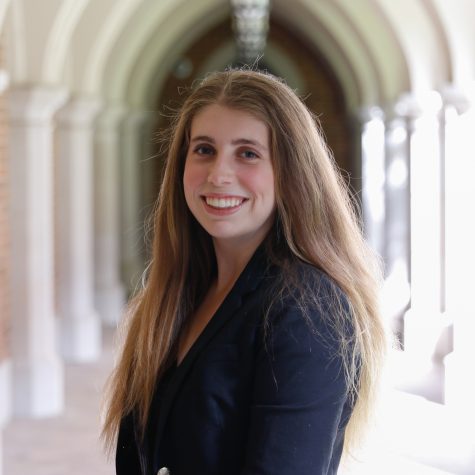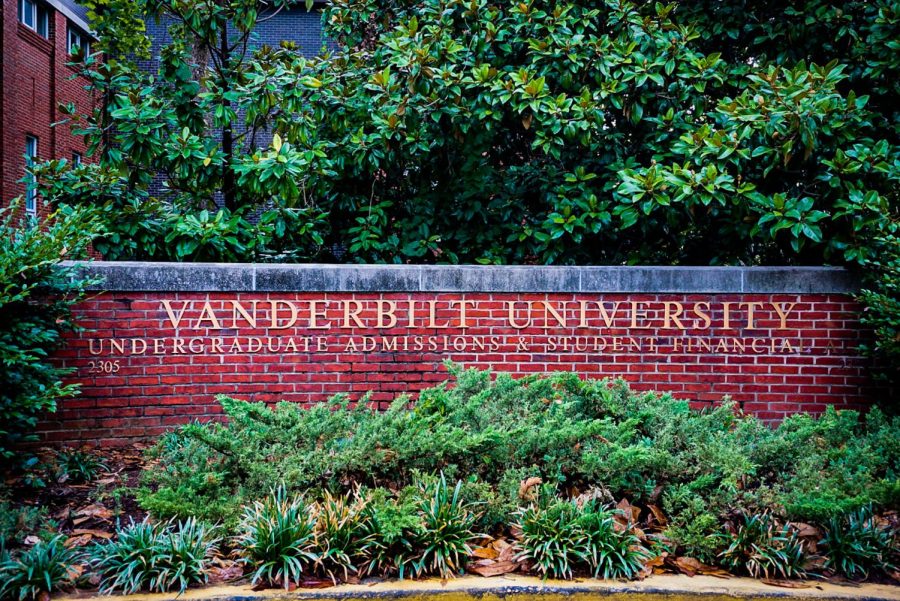“How are you?”
You hear this question a few hundred times a week. Sometimes the question is sincere, sometimes it’s a passing greeting and sometimes it feels like a joke. At this point, you’ve come up with a standard answer to the question that works every time. You don’t even have to think:
I’m fine, others have it worse! Oh, I’m good, how are you? Just a crazy time, right? Well, I’m healthy!
What you mean to say is: it feels like the pandemic is never going to end. Every single week since the third week of the semester has been midterms week. The first sunny days of the spring were spent cooped up in our dorms trying to get a handle on the never ending stream of work. Every time you ask someone how they’re doing, it’s this same theme of general unwellness and sacrifice. Sometimes it feels impossible to type out a BrightSpace discussion post. We’re all isolated, it’s been over a year and life is anything but normal.
But you didn’t say that. Instead, you said something in a chirpy voice that you put on out of concern for the feelings of others, like wearing that old mask you keep in your car.
Everything is exhausting.
I won’t lie; just opening my laptop to begin this article took quite a bit out of me. I pitched it at a meeting three weeks ago but couldn’t find the mental strength to even start. I felt guilty, behind, overwhelmed. I started, stopped, deleted, procrastinated, overthought. I rewarded myself for every line I wrote, the typical just-get-through-the-finish-line tactics that are necessary to get anything done.
That’s pretty par-for-the-course this semester. The things we want to do are exhausting because they are all online. I’m sure we all initially saw a virtual semester as an opportunity to become more invested in extracurriculars, overload on credits and requirements, and get ahead. Three months into the semester, most of us are overwhelmed by the thought of opening another tab on our computers.
Our weekends are gone.
Confined to our dorm rooms and stripped of our daily routines, time has become a strange and amorphous thing that can’t be defined by a calendar. In the “before times,” weekdays were for school and work; weekends were for taking a break. The pandemic forced us to stay in one place day after day, making every day feel exactly the same as the one before it.
My weekends are exhausting. After two days of catching up on work from the week, cramming for upcoming midterms and afternoons full of Zoom meetings, I need another break. The line between the weekend and weekday has become blurred. Saturday and Sunday are just weekdays without synchronous classes.
Our regular schedule is typically dictated for us by external forces: school schedules and subway times, work meetings and appointments. Without these, life can almost seem like something out of the movie “Groundhog Day,” just a single amorphous day that plays out over and over.
If you’re still in pajamas and both the TV and your laptop are on, does it matter what time it is?
Our professors feel it too.
We’re not alone in feeling the pressure of pandemic life. Faculty burnout is exacerbated by pandemic-related stressors. Think absent childcare and virtual education, increased demands from administrators and peers and the transition to online education. Professors are given many new stressors without the old ones being removed. How many of our classes have been shifted to online platforms? Behind each of those organized BrightSpace pages is a professor who had to learn new technology and re-shape their curriculum.
Our professors also face their own children being out of school. Female academics, who traditionally face a “second shift” of caring and emotional work after physically leaving their workplace—are subject to the quickest and most aggressive burnout.
College students everywhere are struggling.
One long and deadly year into the pandemic, college students report severe psychic distress. It’s still midterm season, we’re stuck inside and we’re isolated from our loved ones. The future is bleak and uncertain; daily news brings more death tolls, and the virus rages on. Every day feels just like the one before it. It is difficult, painful to keep going and many of us may be at a breaking point.
If the tweets, stories and posts of college students are a sufficient metric for gauging student health, we have reason to be concerned.
“Everything feels very pointless and mundane. I feel like I’m trapped in the same day over and over again,” a top comment on Vanderbilt’s Reddit page reads.
Being told to self-care our way out of burnout or simply book an appointment at the University Counseling Center (UCC) feels a little too bootstrappy. The lack of spring break or real weekends is real and hard. Constant referrals to counselling centers do little when students have no time to relentlessly self-advocate for an appointment on top of already busy schedules. Professing support for student mental health in aggressive emails about immersion deadlines and restrictions is an oxymoron.
When self-care isn’t reflected in our school’s culture, it falls to individuals to carve out enough time for self-care and find resources to support themselves. Both students’ and educators’ health and well-being should be prioritized in Vanderbilt’s school culture. Administrative leaders can help create the conditions for that. We need a change in the way our school sees struggle and responds to it.
Next time you hear that friend or parent asking “how are you,” forget your standard answer. It’s okay to reward yourself for every line you write. It’s okay to be sad, struggling or completely fine.


















